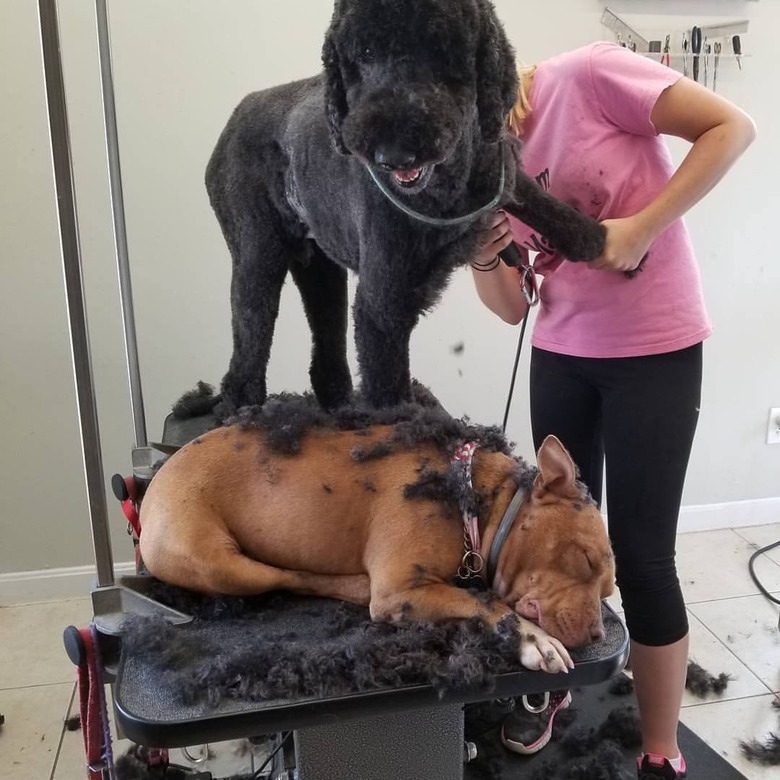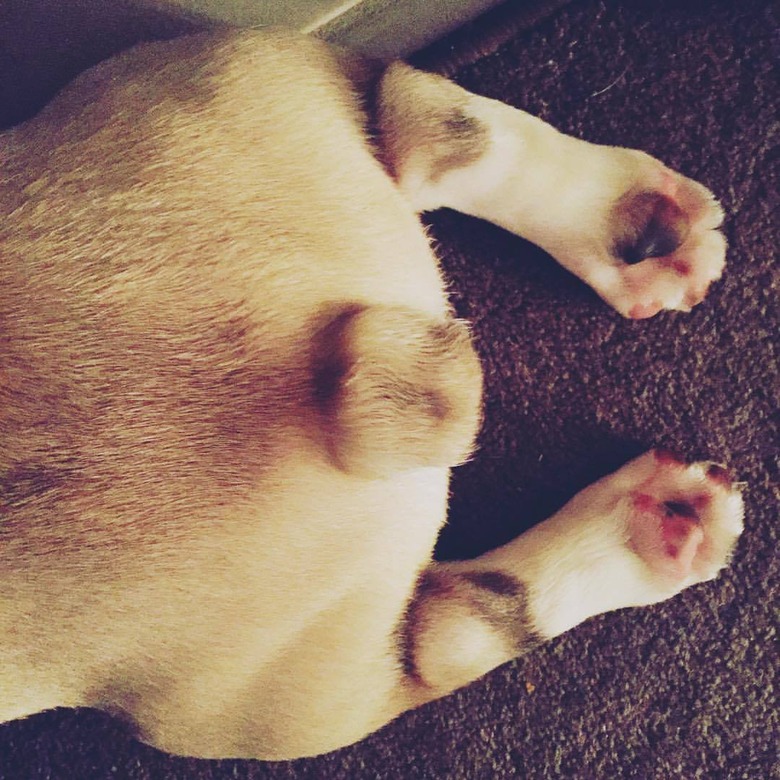22 Dogs Who Look Like Little Potatoes
Here at Cuteness HQ, we do our very best to bring you the cutest dogs on the web. But today we're going to mix it up a bit. Here are 22 of the cutest little potatoes who look like dogs.
1. New shipment of potatoes
1. New shipment of potatoes
2. Belly up potato
2. Belly up potato
3. Run away potatoes
3. Run away potatoes
4. Photobombing potato
4. Photobombing potato
5. Mash potato
5. Mash potato
6. Pugtato
6. Pugtato
7. Loaded pugtato
7. Loaded pugtato
8. Sprouted ears potato
8. Sprouted ears potato
9. Ticklish potato
9. Ticklish potato
10. Fall Potato
10. Fall Potato
11. Shady potatoes
11. Shady potatoes
12. I'm-going-to-get-you potato!
12. I'm-going-to-get-you potato!
13. Emotional support potato
13. Emotional support potato
14. Potatoes snuggling a baby
14. Potatoes snuggling a baby
15. Two tuckered taters
15. Two tuckered taters
16. Fluffy potato
16. Fluffy potato
17. Third wheel potato
17. Third wheel potato
18. Potato be shoppin'
18. Potato be shoppin'
19. Prancing potato
19. Prancing potato
20. Wrinkly potato
20. Wrinkly potato
21. Fast pupper potato
21. Fast pupper potato
22. Potato butt
22. Potato butt
Do you like what you're reading? Awesome! Like us on Facebook for more laughs, join our newsletter for maximum cuteness, and then scroll through these photos of 20 animals acting like total dads. Your life is about to get 2,000 percent more adorable. Congratulations!






















